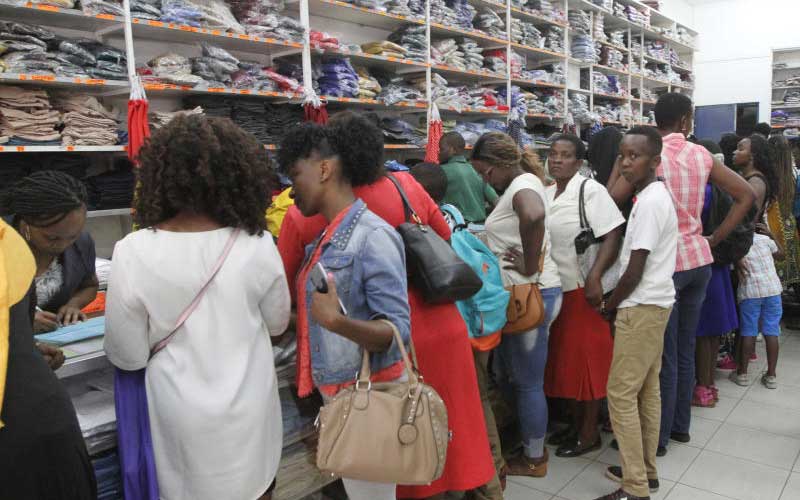×
The Standard e-Paper
Stay Informed, Even Offline

The phasing out of 8-4-4 system of education enters a crucial stage this week as the pioneer learners of the Competency Based Curriculum (CBC) transition from lower to upper primary level.
The learners joining Grade Four as schools reopen for first term this week will also be the first cohort to transition to junior secondary school after Grade Six without sitting for national examinations.